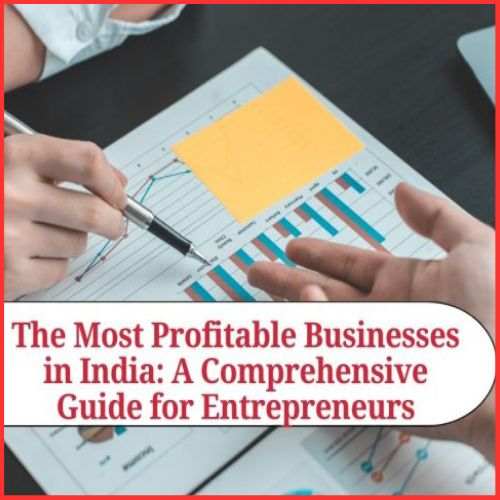TalentSprint, an ed-tech startup, was bought in November 2020 by NSE Academy, a wholly-owned subsidiary of the National Stock Exchange. Since the acquisition, the Hyderabad-based company has performed admirably, surpassing the Rs 100 crore revenue mark in FY23.
According to financial papers submitted with the Registrar of Companies, TalentSprint’s revenue from operations increased 40.8% to Rs 100 crore in FY23 from Rs 71 crore in FY22.
Using a hybrid online/onsite paradigm, TalentSprint provides certification programmes in new and deep technologies to both aspiring and experienced professionals. Some of their recommended programmes include coding boot camps, AI and data sciences, fintech, blockchains, cyber security, and digital health.
TalentSprint’s sole source of revenue is income from skill training services, which also includes the sale of equipment-studio/classroom setups. In the previous fiscal year, the company earned Rs 1.15 crore in interest income.
Advertisement and company promotion was the most expensive cost centre, accounting for 26.28% of total spending. In FY22, this expenditure increased by 47.5% to Rs 27.6 crore.
The owning firm, NSE Academy, imposed a large 25% royalty on TalentSprint’s income, which climbed 38% to R 25.4 crore. Its employee benefit and consultancy expenditures increased by 42.9% and 13.3%, respectively, to Rs 24.3 crore and Rs 5.4 crore in FY23, steering its overall expenditure down by 41.9% to Rs 105 crore.
After deducting all expenses, including royalties and scholarships, TalentSprint’s losses increased to Rs 3.9 crore in FY23. During the preceding fiscal year, its ROCE and EBITDA margins were 73.83% and 3.68%, respectively. A single unit of operating revenue cost the Nexus Venture-backed company Rs 1.05 rupees.
TalentSpring has a number of advantages. A powerful parent company, a menu of offerings that includes jobs, an enterprise-focused approach, and a concentration on deep tech in the financial sector all position it well to capitalise on its previously noted assets. We have maintained that ed-techs aimed at graduates and working executives confront a less daunting market than K12 firms, which provide far more competition. The large royalty paid to NSE (National Stock Exchange) may appear to be a burden, but it is clearly worth it when we examine the immediate benefits it provides to the enterprise. With some worldwide ambitions visible, TalentSpring appears to be on track for a long period of organic growth without the need for much external funding before settling down to become a powerful cash producer for its stakeholders.














